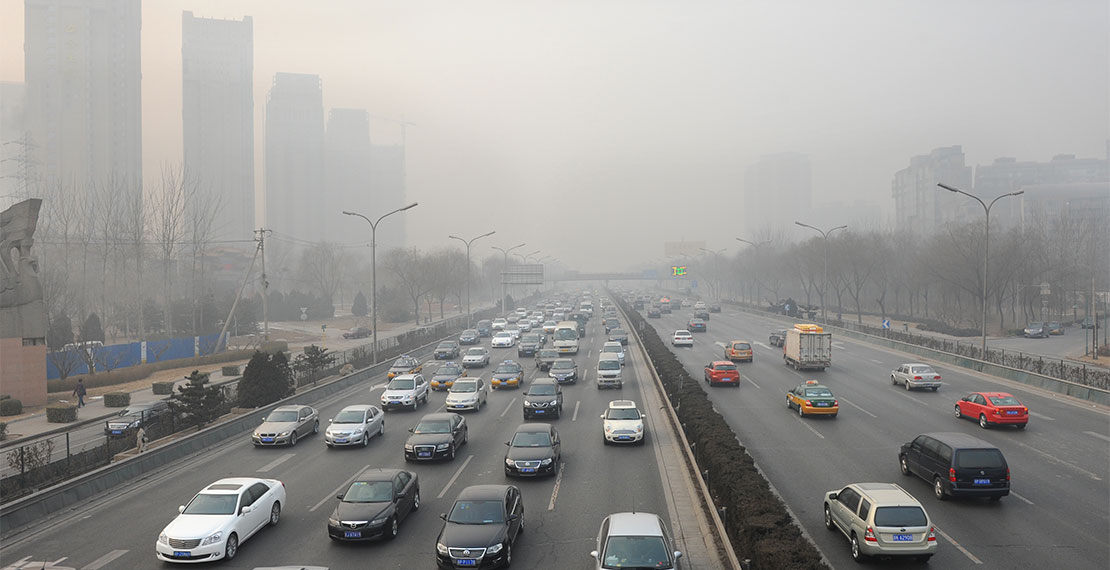(Excerpts from this story were originally published in Law360)
Climate change is once again front and center in a list of cases the energy industry will be closely watching in the new year.
The U.S. Supreme Court is set to hear several climate change lawsuits against fossil fuel companies. Meanwhile, court battles are also being waged over the Trump administration's efforts to roll back Obama-era greenhouse gas emissions rules, though moves by President-elect Joe Biden may ultimately halt those cases.
The D.C. Circuit is poised to rule on the Trump administration's revocation of a landmark Obama-era rule limiting greenhouse gas emissions from existing power plants and its replacement rule that is less stringent.
Speaking to Law360, partner Josh Margolin explained, "It'll be interesting to see if the case goes forward under a Biden administration, but if it does, you may get a ruling of the scope of the Environmental Protection Agency's authority. The broader mandate a Biden EPA has, the more effective it might be."
Another key case is the companion battle taking place in the D.C. Circuit over vehicle emissions standards, a dispute underscored by a bitter feud between the Trump administration and California.
California and allied groups are challenging the two-part Safer Affordable Fuel-Efficient Vehicles rule. In the first part of the SAFE rule, the White House asserts that the Energy Policy and Conservation Act gives the U.S. Department of Transportation the right to set national fuel economy standards and preempts similar state programs. As part of the new "One National Program" created by the rule, the EPA is rescinding a waiver that allows California to set its own, more stringent GHG standards and a zero emissions vehicle program, which several other states have chosen to adopt.
The second part of the SAFE rule calls for a 1.5% annual increase in the GHG and Corporate Average Fuel Economy standards for vehicles of certain model years, as opposed to the 5% annual increase called for in the Obama-era rule.
"There's a really important question of whether or not the EPA was acting arbitrarily and capriciously in terms of doing away with California's waiver," Margolin said. "It's an interesting question if the new regulations that were put in place nationally to deal with emissions really makes California's rules either at odds or unnecessary."
Read the full story in Law360.


